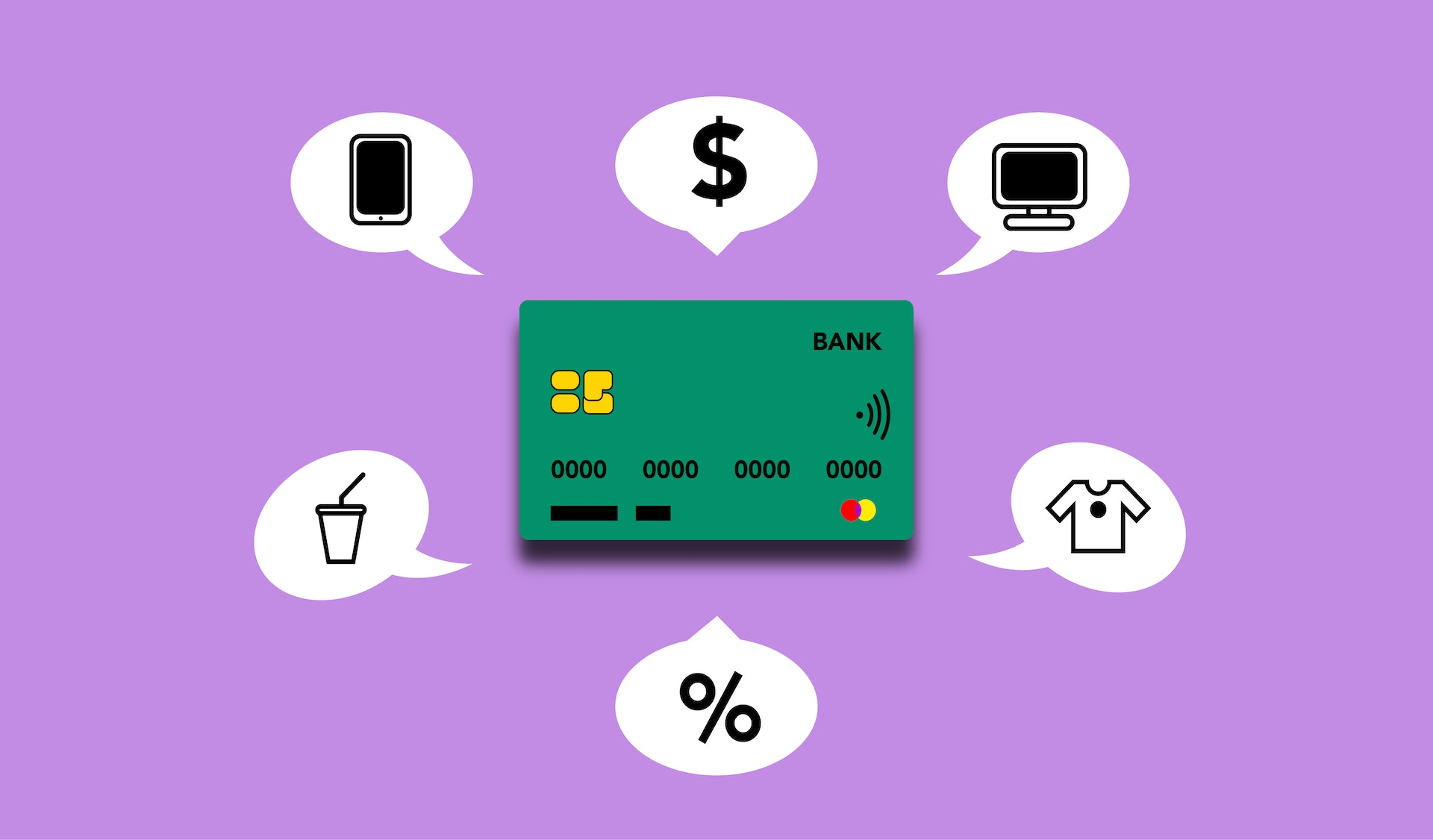
As a self-employed individual, navigating the complexities of taxes can be daunting, but with the right strategies, you can maximize your deductions and minimize your tax burden. Let’s delve into a range of effective tips to help self-employed individuals save on taxes and keep more of their hard-earned money.
Maintain Detailed Records
Subheading: Organizing Your Finances
One of the most important steps in saving on taxes as a self-employed individual is to maintain meticulous records of your income and expenses throughout the year. Keep track of all business-related expenses, such as supplies, equipment, office space, and mileage. Utilize accounting software or hire a professional accountant to ensure that your records are accurate and up to date.
Take Advantage of Deductions
Subheading: Maximizing Tax Deductions
Self-employed individuals are eligible for a variety of tax deductions that can help lower their taxable income. Deductible expenses may include home office expenses, business-related travel, health insurance premiums, retirement contributions, and professional development expenses. Be sure to take advantage of all available deductions to minimize your tax liability and maximize your savings.
Contribute to Retirement Accounts
Subheading: Building for the Future
Contributing to retirement accounts such as a SEP IRA, Solo 401(k), or SIMPLE IRA is not only a smart way to save for the future but also offers tax benefits for self-employed individuals. Contributions to these accounts are typically tax-deductible, reducing your taxable income for the year. Additionally, earnings in these accounts grow tax-deferred until retirement, allowing you to maximize your savings over time.
Consider Health Savings Accounts (HSAs)
Subheading: Managing Healthcare Costs
Health Savings Accounts (HSAs) are another valuable tool for self-employed individuals to save on taxes while managing healthcare costs. Contributions to an HSA are tax-deductible, and withdrawals used for qualified medical expenses are tax-free. If you have a high-deductible health plan, consider opening an HSA to take advantage of these tax benefits and save on healthcare expenses.
Stay Informed About Tax Changes
Subheading: Adapting to Regulatory Changes
Tax laws and regulations are subject to change, so it’s essential for self-employed individuals to stay informed about updates that may impact their tax situation. Monitor changes to tax laws, deductions, and filing requirements relevant to self-employment. Consider consulting with a tax professional or attending workshops to ensure that you’re aware of any opportunities or obligations that may arise.
Plan for Estimated Taxes
Subheading: Managing Quarterly Payments
Unlike employees who have taxes withheld from their paychecks, self-employed individuals are responsible for paying estimated taxes throughout the year. Plan ahead and set aside a portion of your income for quarterly tax payments to avoid penalties and interest. Consider working with a tax advisor to develop a tax planning strategy that aligns with your business income and expenses.
Utilize Tax Software or Professional Assistance
Subheading: Simplifying the Filing Process
Filing taxes as a self-employed individual can be complex, so consider using tax preparation software or hiring a professional tax preparer to streamline the process. Tax software programs are designed to guide you through the filing process and identify potential deductions and credits. If your tax situation is more complicated, such as if you have multiple sources of income or significant deductions, working with a tax professional can ensure that you maximize your tax savings while staying compliant with tax laws.
Track Business Use of Personal Assets
Subheading: Leveraging Home Office Deductions
If you use personal assets, such as your home or vehicle, for business purposes, you may be eligible to deduct a portion of these expenses on your taxes. Keep detailed records of the time and resources you dedicate to business activities conducted at home or while traveling. By accurately tracking and documenting your business use of personal assets, you can maximize your deductions and reduce your taxable income.
Consider Incorporating Your Business
Subheading: Exploring Entity Options
Depending on your business structure and income level, incorporating your business as an LLC, S-Corporation, or C-Corporation may offer additional tax benefits and liability protection. Consult with a tax advisor or legal professional to determine the most advantageous entity structure for your business and financial goals. Incorporating your business can provide tax advantages such as lower self-employment taxes, increased deductible expenses, and enhanced asset protection.
Explore a variety of self-employed tax savings tips and strategies at mimimises.org to optimize your tax situation and keep more of your hard-earned money in your pocket.
